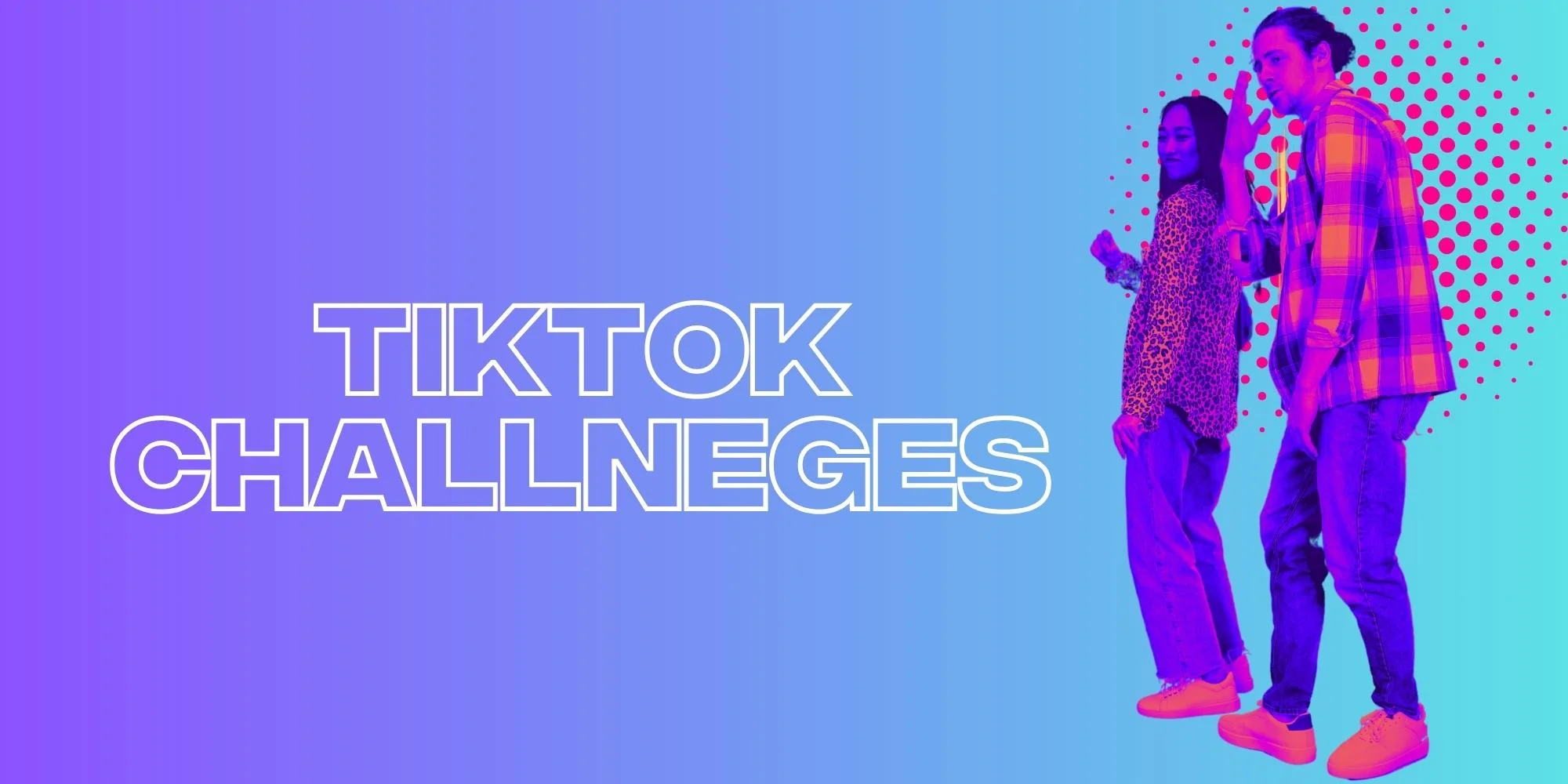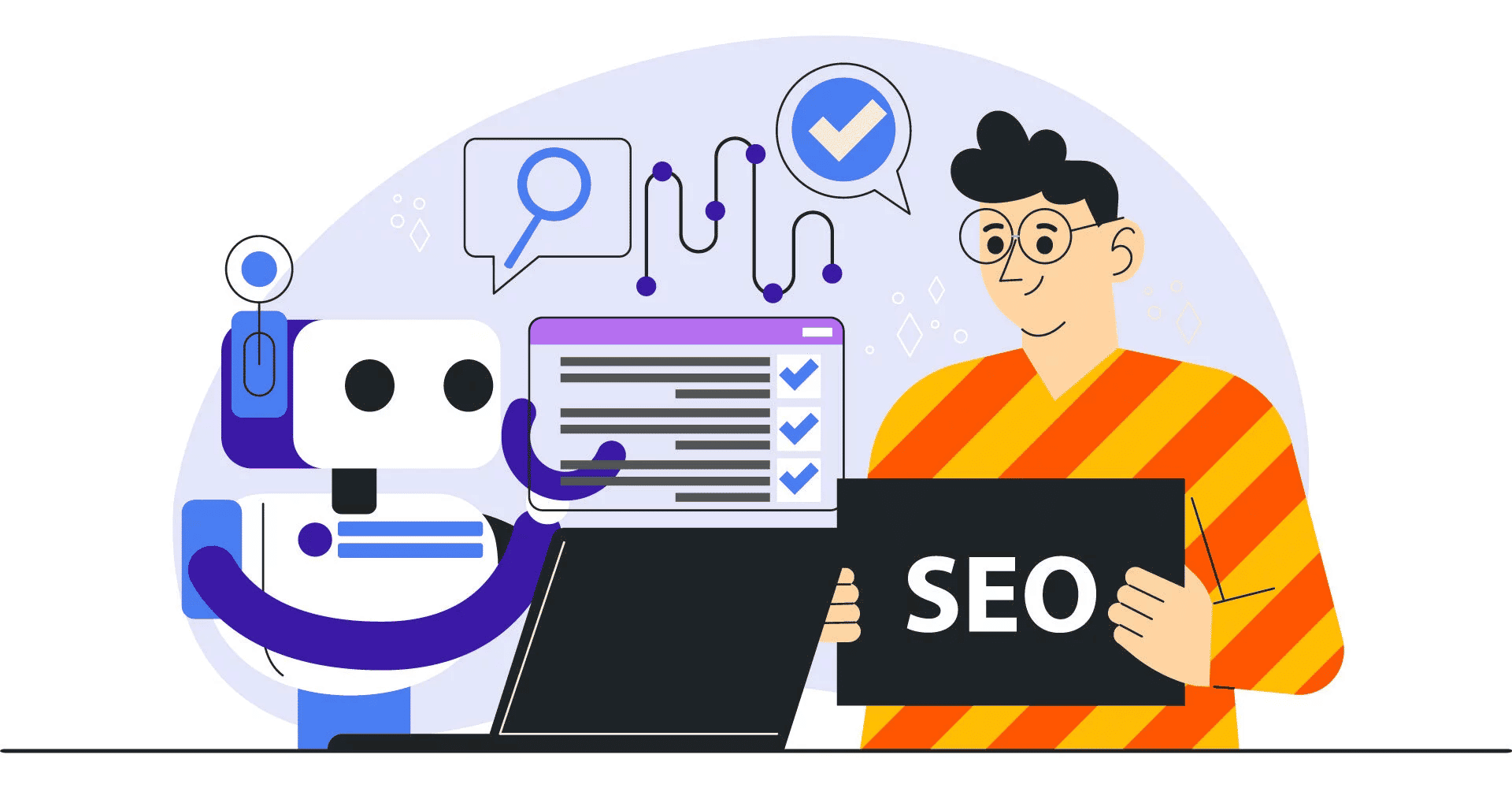With a changing job market and evolving education options, more people choose skill-based learning over traditional degree programs. This shift isn’t just a trend—it’s a practical choice that offers flexibility, affordability, and direct pathways to job-ready skills. Here’s why skill-based learning may be the right choice for you.
1. Say Goodbye to Huge Tuition Bills and Student Debt
If you’re hesitant about committing to years of college and potentially crippling student loans, skill-based learning provides a more affordable alternative. Traditional college degrees can cost tens of thousands of dollars, often creating debt that lingers for years. Skill-based programs, on the other hand, are usually shorter and significantly less expensive. You’ll learn what you need without the added stress of heavy financial burdens, making education accessible and manageable.
2. Learn Exactly What You Need to Succeed in Today’s Job Market
One of the biggest advantages of skill-based learning is its focus on real-world skills that are directly relevant to today’s jobs. Employers want to know if you can get the job done, not just whether you have a degree. Skill-based programs are often developed with industry input, so the curriculum is designed to keep you up-to-date with the latest practices, tools, and technologies. For instance, fields like digital marketing, web development, Technology and IT, Design and Multimedia, Healthcare and Allied Health, Business and Project Management, Language and Communication, and data science demand current skills, and skill-based courses keep you job-ready without any outdated information.
3. Flexible Learning That Adapts to Your Life and Schedule
Balancing education with work or family responsibilities can be challenging, but skill-based programs offer flexible options to make learning easier. Many courses are available online and can be taken at your own pace, which means you can study around your existing commitments. This flexibility gives you control over when and how you learn, allowing you to fit education into your life, rather than restructuring your life around school.
4. Get Career-Ready Fast and Start Earning Sooner
Unlike traditional degree programs that can take up to four years or more, many skill-based programs are designed to be completed in a few months. If you want to enter the workforce quickly or transition into a new role, a skill-based course can prepare you faster, allowing you to gain hands-on experience and start earning sooner. Some programs even offer direct links to job opportunities, internships, or practical projects that give you a head start in the job market.
5. Showcase Skills Over Degrees: Build a Portfolio That Speaks for Itself
The job market is shifting away from prioritizing degrees toward valuing what you can actually do. Companies like Google, Apple, and IBM have reduced their focus on formal degrees, emphasizing skills and experience instead. Skill-based learning helps you build a portfolio that showcases what you’ve accomplished, giving employers a tangible way to see your abilities. This shift means you can compete with (or even outshine) degree holders by proving your competencies through work samples and relevant projects.
6. Stay Relevant in a Fast-Changing World with Lifelong Learning
Today’s industries are constantly evolving, and skills that are in demand today may change within a few years. Skill-based learning makes it easy for you to update your knowledge or gain new skills as your career progresses. Whether it’s mastering the latest software, learning a new language, or upgrading your project management abilities, short, focused courses allow you to keep pace with changes without committing to a multi-year degree.
7. Gain Entrepreneurial Skills to Start Your Own Path
If you’re thinking about freelancing or starting your own business, skill-based programs give you practical skills to make it happen. Whether you’re interested in web development, graphic design, or business marketing, skill-based courses can provide the tools you need to succeed independently. Unlike traditional degrees, which often prepare you for corporate roles, skill-based learning empowers you to create your own opportunities.
Why Skill-Based Learning Could Be Your Best Move for a Career-Ready Education
Skill-based learning is more than just an alternative to college—it’s a focused, affordable, and flexible way to learn what you need to succeed. If you’re looking for a practical education that aligns with today’s job market and gives you control over your learning journey, skill-based programs might be the perfect fit. Whether you’re aiming to enter the workforce quickly, stay relevant, or pursue your own business, skill-based learning offers the skills and flexibility to achieve your goals on your terms.







